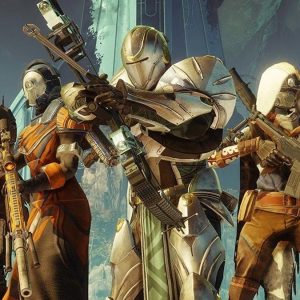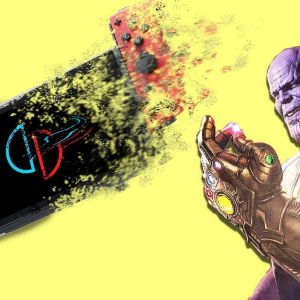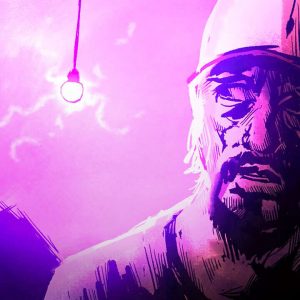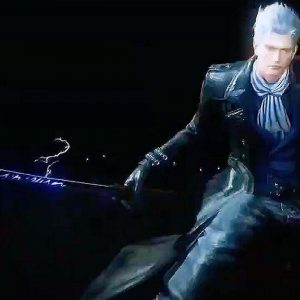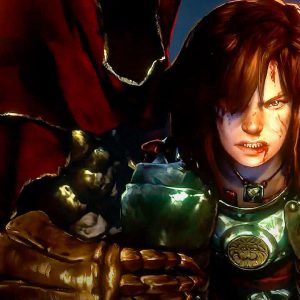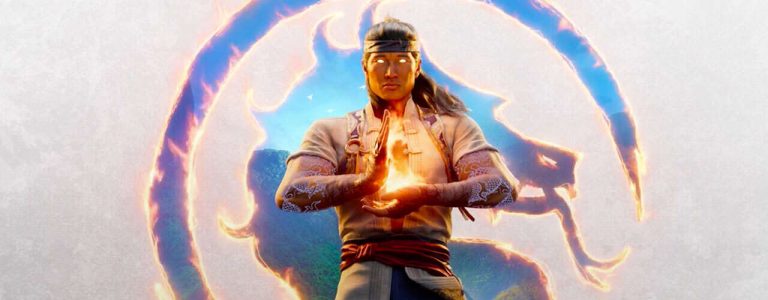[ad_1]
But then you have something like Dragon’s Dogma
. On the surface, Capcom’s 2012 action-RPG seems a similar case. This was a game made with the stated intention of capitalising on Elder Scrolls Fever, arriving mere months after Skyrim, and bringing with it similar fantasy references, quest design and open world structure. But its Japanese creators, and Capcom’s action game expertise meant it came out quite differently, a chimeric hodgepodge of cross-Pacific ideas.

Day one fans discussed intricate action systems, hailed smart twists on the genre, and tried (and mostly failed) to describe the Pawn System, a very weird, very novel approach to asymmetric online play in which you hired AI-controlled characters made by other players, while lending out your own. Many other people subsequently brought the game home and found an extremely brown world, tied together with an absurdly under-explained story and populated by hilariously stilted characters speaking in ye olde Englishe fore noe reale reasone.
It sold well, but not that well, enough to earn an expansion, a remaster and a middling MMO spin-off, but seemingly not enough to warrant a full sequel. But, over the years, whispers about the game continued to squeak out every now and then. That its huge post-credits section is a bewildering masterclass in endgame content. That its varied approach to classes feels, well, a class above most action-RPGs. That it features one of the medium’s grandest depictions of the sheer power of magic (that one was mainly me, but seriously, look at High Bolide). It should be the quintessential game developer’s game. I see plenty of people – devs included – talk about it to this day. We should be seeing its standout ideas all over the place. We just aren’t.
Don’t take my word for it, take creator Hideaki Itsuno’s. I ask him what he thinks Dragon’s Dogma did well that other games haven’t matched. He can’t keep it to one answer: “I think the three-dimensional combat based around climbing onto monsters’ bodies still holds up against other titles now. I also haven’t seen the pawn system anywhere else since. The way forgeries worked in the game was very clever, and I also think that Dragon’s Dogma has the best and scariest night-time of any RPG!”
I emailed the director to talk about the odd legacy of this game – a passion project for him, albeit a passion project with the kind of budget you’re given if you’re the person that heads up the Devil May Cry series. It’s a game I also love dearly, and have just finished again by means of the excellent Switch port. And while playing it the best part of a decade later, I realise we’ve still not seen anything else quite like it – never mind a sequel. There seems no one better to talk with about why that might be.
I start by asking Itsuno why he thought the game got that slightly muddled first reaction, and he is decidedly more forthright than I expected: “The pawn system and the game’s interpretation of RPG gameplay via realtime action were, I think, difficult to understand by players at first glance. To be honest, I’m not even sure all the internal staff fully understood it either.” Then I ask him what he feels the game’s key innovations were: he mentions the pawn system and Capcom’s action being applied in an RPG context. Essentially, the most important parts of the game were also the biggest perceived barriers to entry.
I ask if he purposely created something that would baffle people, a shock to the established system: “My approach to game design has always been to envision a game that I would want to play, and reverse engineer from that vision. For Dragon’s Dogma I wanted to create a game where you could be connected with a lot of people but not have to worry about the courtesies one generally has to consider when playing online with others, and I wanted to play an RPG with the more troublesome aspects stripped away – so I designed the game to fulfill those two requirements. At the time there was no game that fulfilled either of these aspects. As a result, you have a game that plays like nothing that’s ever come before.”
“
He’s honest, rather than bullish, about all this. Itsuno doesn’t boast about his work, so much as state the facts – Dragon’s Dogma was (and is) a fairly unique proposition once you get past its set-up, and he recognises the problems that caused. In fact, Itsuno’s honesty about what the game got wrong is almost as much a feature of his answers as his love for it. He tells me it could have been “nicer to the players”, and offers a litany of changes he would make now: “Although I was supremely confident in the game at the time. I would rebalance the difficulty of the action and the character levelling, the look of the armour, how you choose your hairstyle… When I play the game and see how everyone’s pawns look in the Rift, it makes me want to fix things up!”
The overriding vibe in our interview, however, is one of pride. Itsuno remains delighted with the game he made, and that’s absolutely down in part to its startling weirdness and the way it was built to accommodate those unusual ideas. And that might be the crux of it. I ask Itsuno why his game is still unique, why other developers – many of whom publicly laud Dragon’s Dogma – aren’t nabbing from him.
“I think that’s because all of these elements are closely linked with the very root of the game design, the base user motivation loop,” he explains, “so it’s not easy to just add them after-the-fact. Even if they seem like relatively straightforward elements, they are made up of many different parts that deeply integrate with the game’s logic and hardware performance, so there are just too many parts that you would need to account for to really make these elements fun and work right.” With what I imagine was a smile behind his computer monitor, he adds: “And finally, I think part of it is that we’re also just kind of… different.”

That’s the other thing. Itsuno seems to love that his game is too strange to steal from; that he’s made a game that’s been influential, but never truly copied: “Naturally, I’m happy that the game still remains unique. I think that in and of itself makes things valuable in our industry. Of course, there’s also value in being something that everyone copies as well… I don’t know whether people don’t want to copy it, or simply can’t, but I think it’s at least something that can’t easily be copied.”
All of this said, Itsuno can name one developer who’s run with his ideas, at least a little – himself. “I was originally torn between making Devil May Cry 5 and a sequel to Dragon’s Dogma. Ultimately, we went with DMC5, but I think Dragon’s Dogma is still a major influence and without it, we wouldn’t have DMC5.”
“
Indeed, DMC5 really does feel like the most transparent adaptation of at least some of Itsuno’s old ideas. New character V is something of a reinvention of Dogma’s sorcerer class, a character who uses action mechanics but stands off from the action, controlling the fight from afar. DMC5 also includes something like the Pawn system, seamlessly inserting other players’ performances as different characters into your game as you play (and doing the same for you). Just like Dragon’s Dogma, it then lets you send those players a rating and a reward for their unknowing help.
It invites the idea that maybe the only person truly fit to make a game directly inspired by Dragon’s Dogma is Itsuno. I can’t resist, and ask him – now that DMC5 is out the door, with no DLC planned – if we could see a sequel, or even if he’s working on it right now. The answer is non-committal, but certainly not negative: “We consider Dragon’s Dogma to be an important franchise… But there’s nothing more I can say right now.”
On the one hand, it saddens me that other developers haven’t outwardly tried to adapt Itsuno’s ideas in newer, smoother contexts. But on the other perhaps it means that, one day – when Itsuno does, finally, get a chance to make Dragon’s Dogma 2 – all of this will feel just as special as it did in 2012.
Joe Skrebels is IGN’s UK Deputy Editor, and his pawn is called Alan Rickman and he loves Alan so much. Follow him on Twitter.
[ad_2]
Source link








